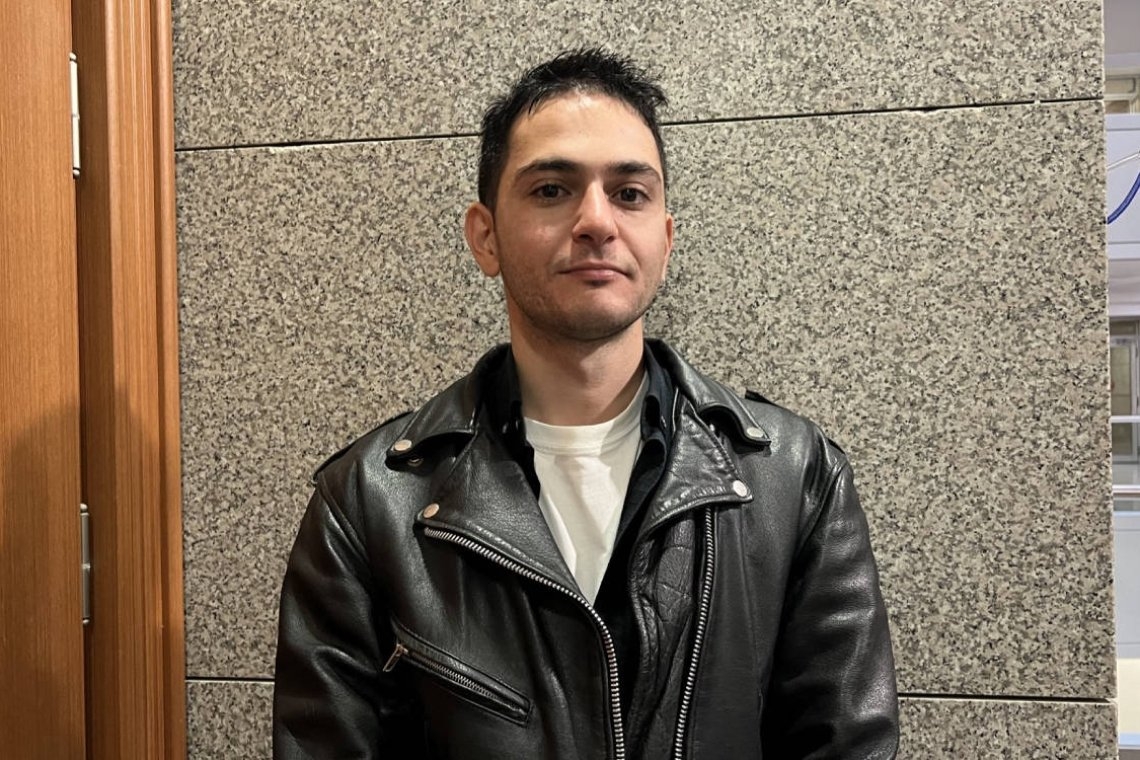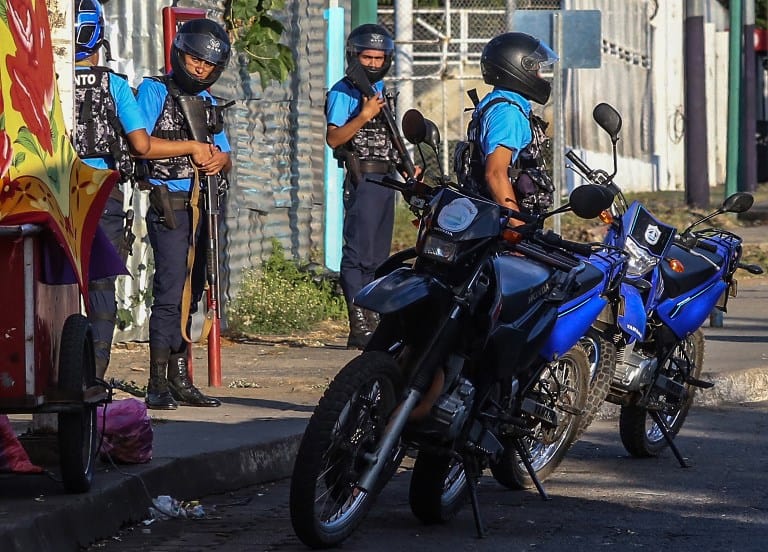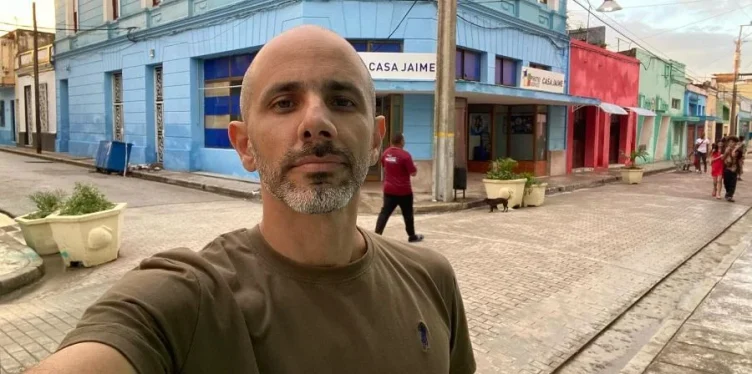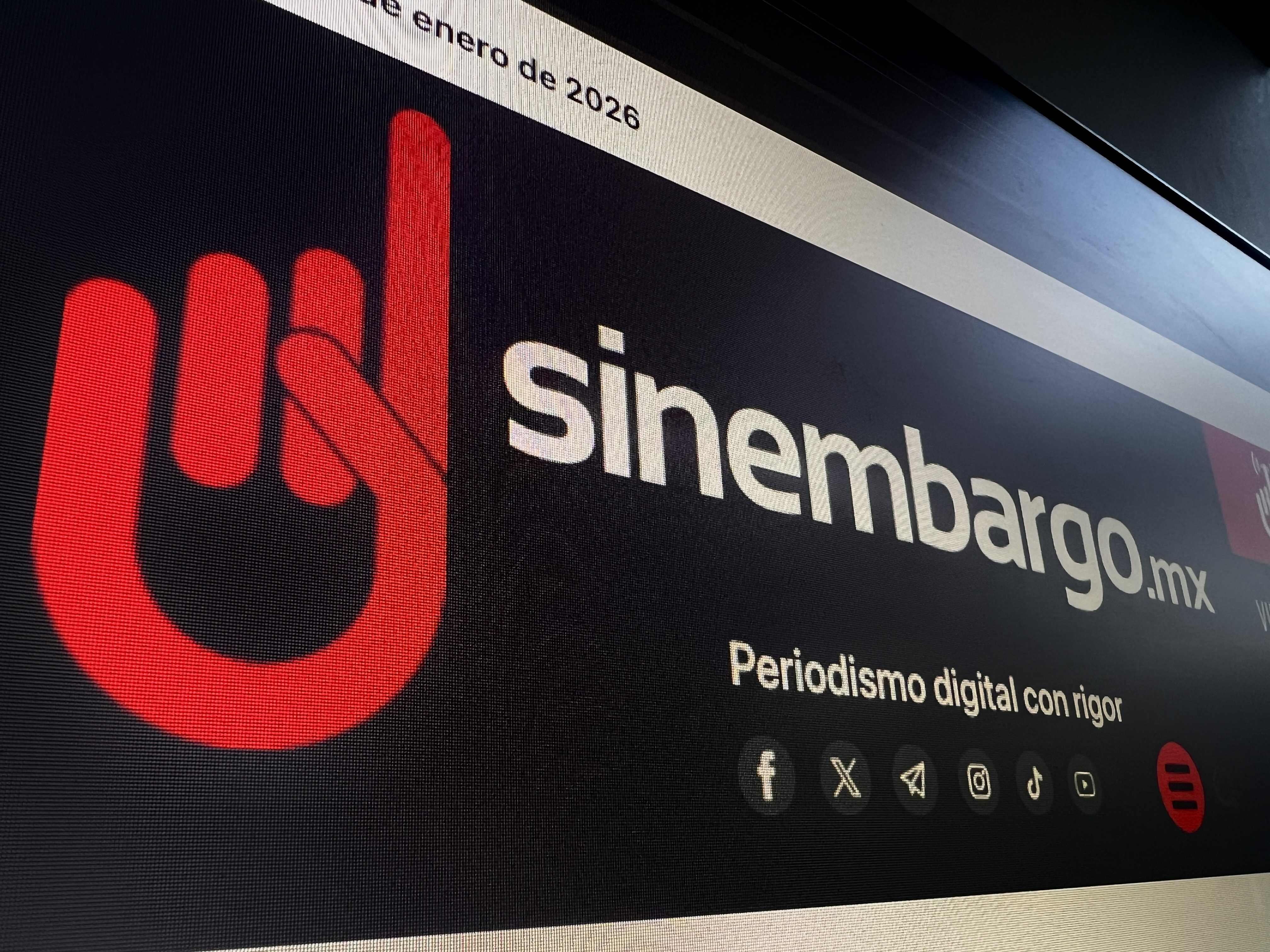
Turkish Journalist Furkan Karabay Fined for “Insulting the President”
July 11, 2025
Israel Frey Placed Under House Arrest After Applauding Deaths of IDF Soldiers
July 13, 2025July 11, 2025 – Nicaragua –
Exiled Nicaraguan journalists living in Costa Rica are facing escalating harassment, while their families back in Nicaragua endure surveillance, intimidation, and reprisals. This dual-front repression reflects the Ortega-Murillo regime’s expanding efforts to silence dissent beyond its borders, as documented by recent investigations from the Foundation for Freedom of Expression and Democracy (FLED) and testimonies published by The Tico Times and Havana Times.
Between April and June 2025, FLED recorded at least 40 press freedom violations targeting Nicaraguan journalists in exile, mostly through online harassment, smear campaigns, and digital surveillance. These tactics have intensified since the June 19 assassination of Roberto Samcam, an exiled former army officer killed in Costa Rica. Although officially unsolved, the murder has triggered fears among exiles that state-linked violence is extending internationally.
Inside Nicaragua, the situation is equally alarming. Families of exiled journalists report being visited by armed men in civilian clothes believed to be affiliated with pro-Sandinista groups. They are followed, threatened, and interrogated about their relatives’ activities abroad. One journalist described how their family was forced to cancel a child’s passport application after receiving threats, fearing retaliation for their reporting.
The regime’s tactics are not only physical but legal and administrative. New cybercrime laws enacted in 2024 allow the government to monitor and criminalize online dissent. These laws, along with constitutional reforms requiring ideological loyalty in media and education, have created a chilling effect. Since 2018, over 290 Nicaraguan journalists have gone into exile, and at least 50 independent outlets have been shuttered or confiscated.
Even in Costa Rica, long considered a refuge, exiled journalists now feel unsafe. Four more were forced to flee or change locations this quarter alone, some abandoning journalism altogether due to economic hardship or fear for their safety. Many self-censor or reduce their visibility, knowing that their families remain vulnerable at home.
This campaign of transnational repression, blending legal persecution, digital intimidation, and psychological warfare, shows how far the Ortega regime is willing to go to eliminate independent journalism. Press freedom advocates warn that without international pressure, the silencing of Nicaragua’s media may become complete, both inside and outside the country.
Reference –
Exiled Nicaraguan Journalists in Costa Rica Face Growing Harassment




